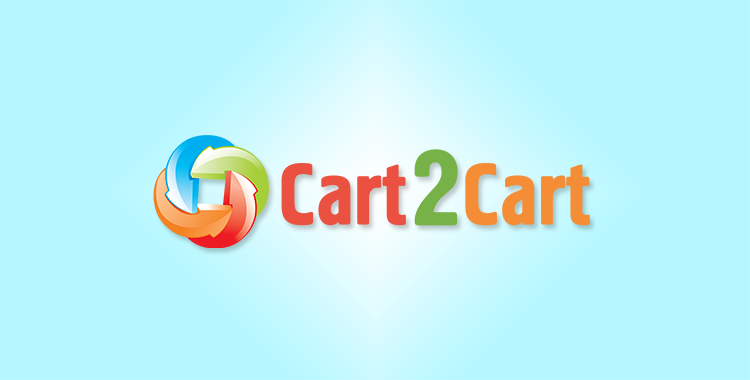
To keep it short and clear two popular solutions can be offered to meet all these requirements: X-Cart and Magento. And here is a short fact review that will help you make a decision which cart is better for your business.
Background
X-Cart - a PHP-based and open source solution. Comes as a licensed paid cart. Can offer flexible pricing so it will suit for any size and type of business. Learn more about X-Cart migrations here. Powers thousands of online stores worldwide.
Adobe Commerce (formerly Magento) - a modern PHP versions and Symfony components based platform. It is a leading solution in the world of eCommerce. It powers hundreds of thousands of online businesses and recognized as one of the most flexible and scalable solutions in the world. The platform comes in several options including both free (Open Source) and paid (Commerce) editions.
Common Features
Due to their open source structure both carts share some beneficial common features:
- Product Management. Add unlimited number of products, categories and images. Sell any type of products including physical and virtual goods. Manage your items in categories, add options and attributes, and discover how to create product variants easily.
- Shipping and Payment. Hundreds of options that include virtually all major payment and shipment gateways, such as PayPal, Google Pay, 2Checkout, UPS, DHL, FedEX, etc. If some special option is not available most likely you will find a module that will enable this feature.
- Design. Use one of free templates and customize it the way you like. Or create your own theme. Basically you have no limits since you have a full access to CSS and HTML files, etc. Other great features include multi-store (ability to run several stores via one admin panel), high security standards (PCI compliance), multiple currencies and language support.
Specific Features
Each cart has its own peculiarities and competitive advantages. So, let us check what is the difference between running an X-Cart store and Magento store:
- Usability. Nevertheless, X-Cart is much more user-friendly and intuitive solution than Magento. In case if you don’t have a lot of experience with PHP and HTML programming than X-Cart is definitely an easier platform to go with. For those considering any move, these pre-migration tips can be invaluable.
- Extensions. Magento comes with bigger set of features and has a lot more extensions than X-Cart. If you need any feature which is not there by default simply go to Adobe Commerce Marketplace and you will find it there.
- Speed. Magento is generally known as powerful but very resource consuming solution that may be quite slow if you run it on a hared server. You can speed it up by doing some performance optimization but it will require time and efforts. X-Cart is less resource consuming and can be easily set up at shared server. Moreover, it is fast without any additional optimization.
Definitely both shopping carts can perfectly suit your business if you have enough programming skills or good budget to hire a developer. However, as it was stated, X-Cart is more user-friendly while Magento is more flexible and has better set of default functions. So, before making a final decision try each solution for free. X-Cart offers unlimited trial version and Adobe Commerce provides you with a free Open Source edition.
In case if your store is already powered with another platform try Cart2Cart to move store to Magento or conduct X-Cart migration. This automated and user-friendly service helps you to transfer your products, customer and orders quickly and accurately. For added peace of mind, consider our Migration Insurance. To start your migration just register an account and you’ll be on your way to creating a dream store.
Monthly Update – March 2026
The e-commerce landscape in March 2026 continues its rapid evolution, with a significant emphasis on headless commerce architectures. This approach, decoupling the frontend presentation layer from the backend commerce engine, is no longer just a trend for enterprise-level businesses but is becoming a strategic imperative for mid-market and growing online stores. Headless setups offer unparalleled flexibility, allowing merchants to deliver highly customized and responsive customer experiences across various touchpoints—web, mobile, IoT devices, and even emerging metaverse platforms.
The primary benefits include enhanced site performance, crucial for SEO and conversion rates, and the ability to innovate faster without disrupting the core commerce functionalities. By adopting a headless model, businesses can experiment with new technologies and user interfaces, ensuring they remain agile in a competitive market. Furthermore, it simplifies integration with specialized third-party services like advanced PIM, CRM, and analytics tools, creating a truly composable commerce ecosystem. This modularity means greater control over the customer journey and a more resilient, future-proof infrastructure. For those planning a migration, considering a headless architecture on platforms like Magento can unlock significant long-term growth potential and adaptability.
For more details, explore our FAQ section or schedule a call with a migration expert.


